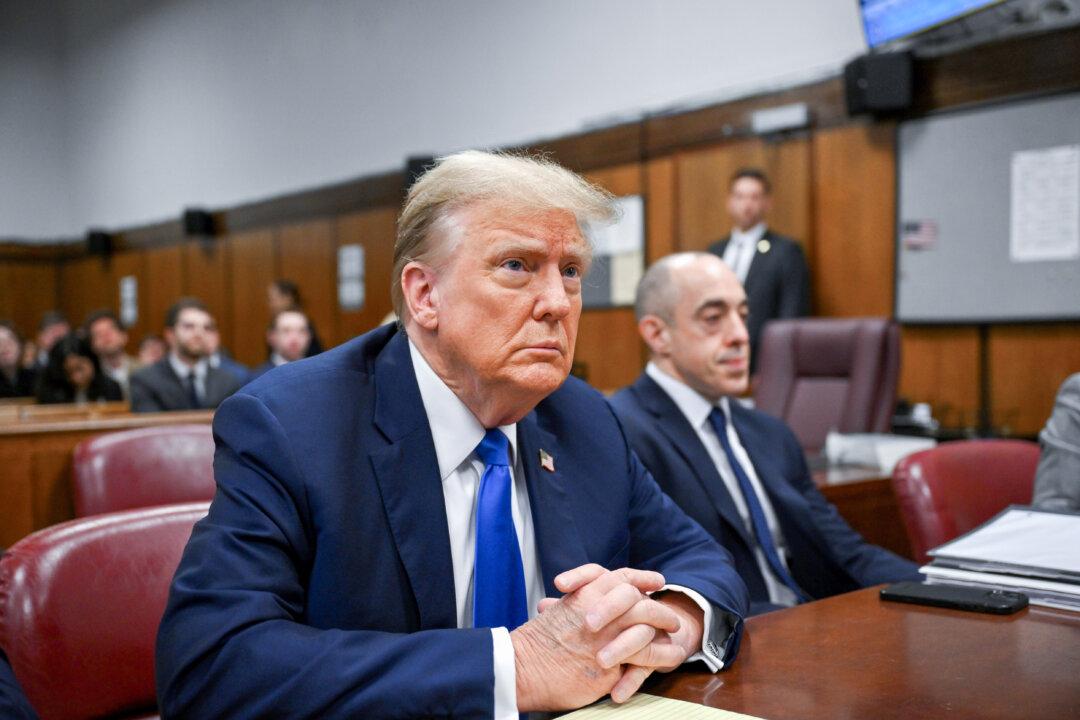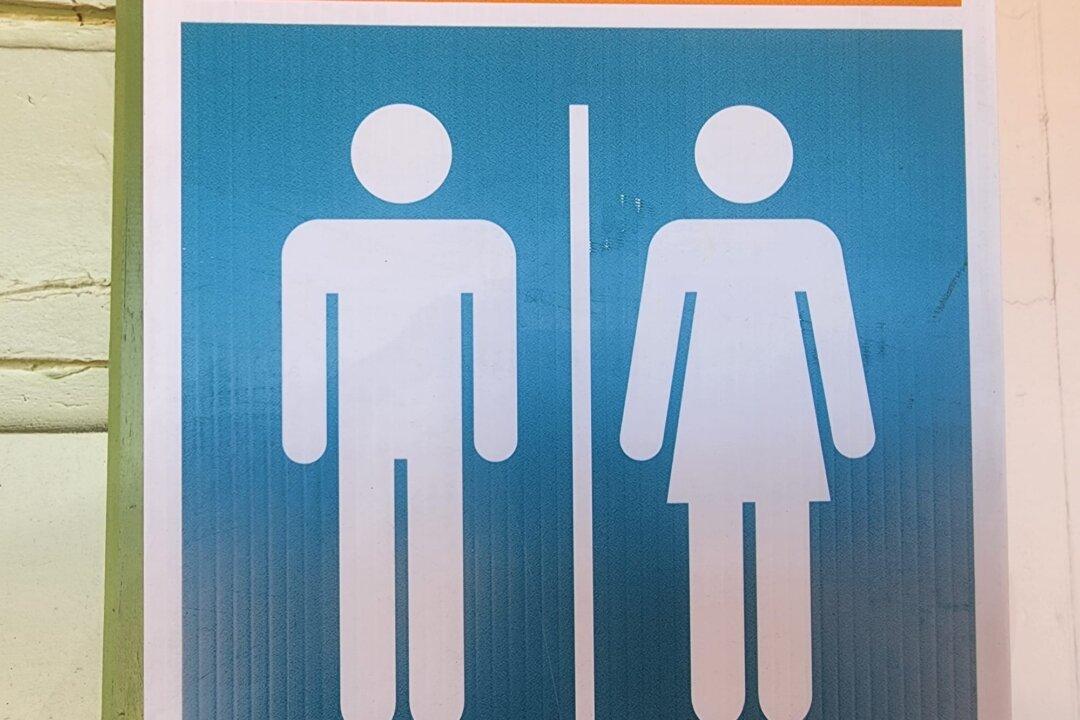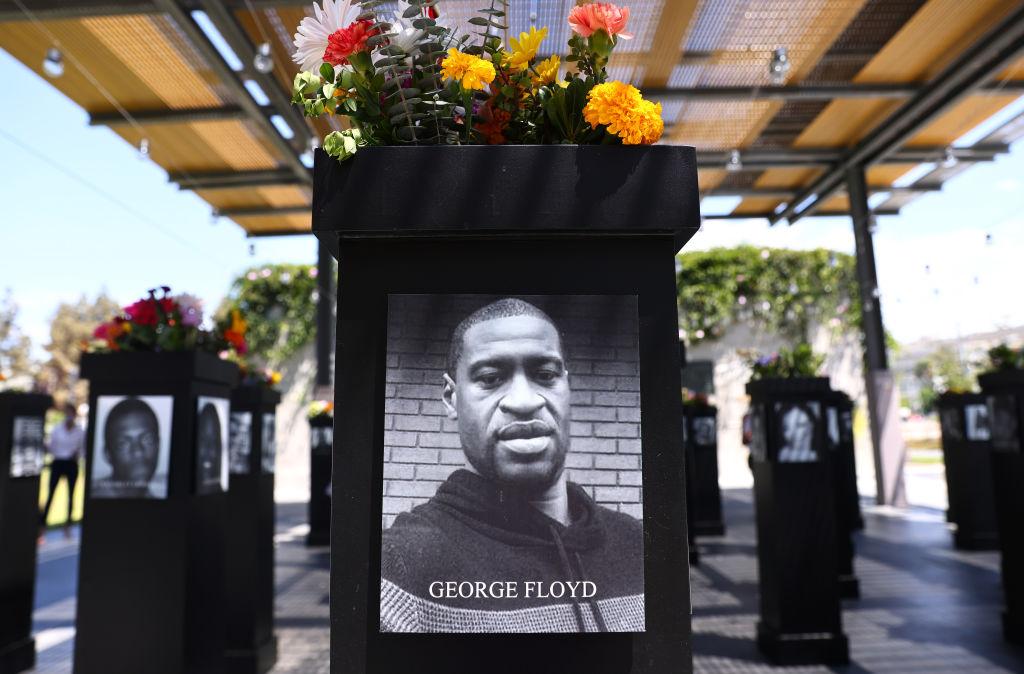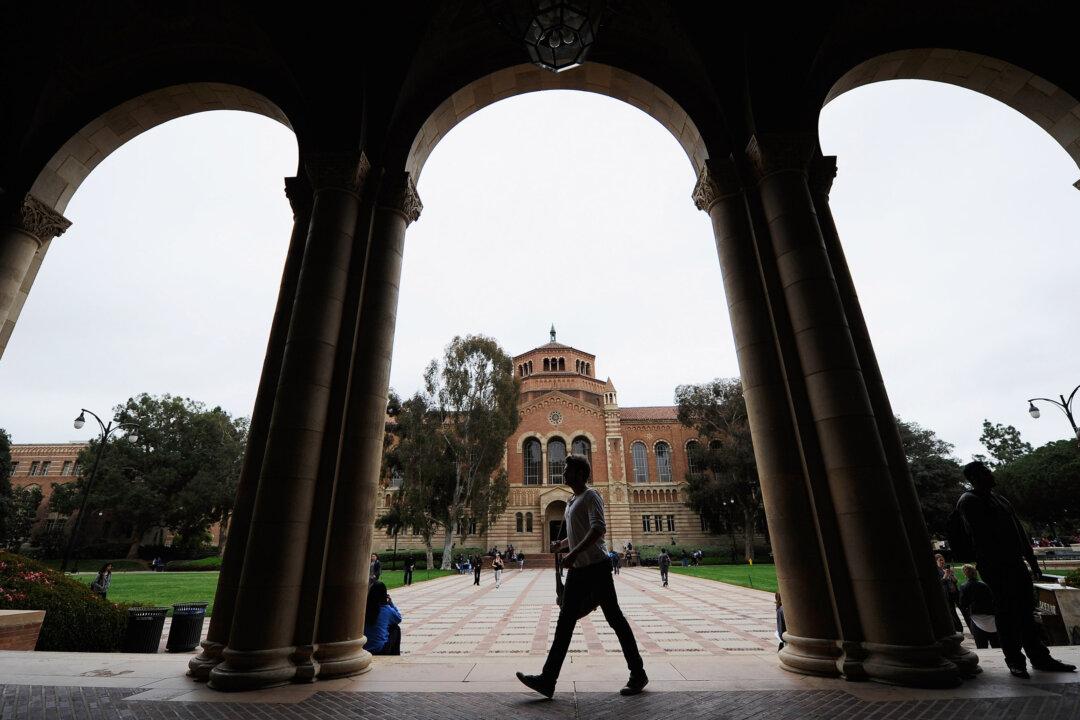Commentary
Manhatten District Attorney Alvin Bragg’s case against former President Donald Trump relies heavily on the existence of a federal crime that Mr. Bragg neither charges nor fully specifies, because without that crime as the rationale and motive for President Trump’s allegedly falsified book-keeping entries, those entries would only be at best misdemeanors on which the statute of limitations has expired.





